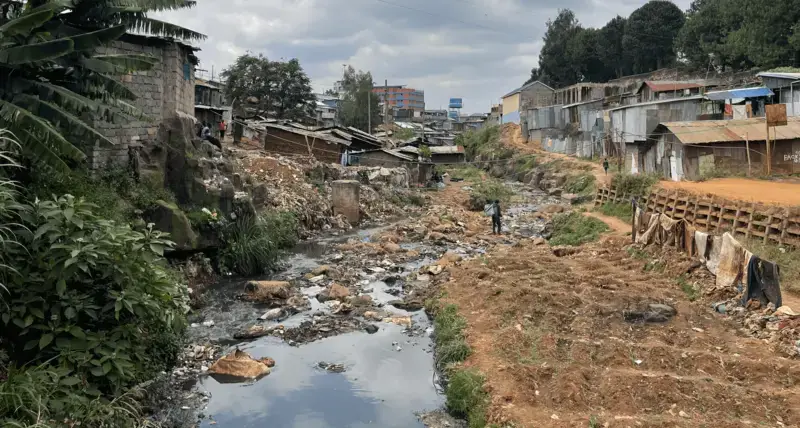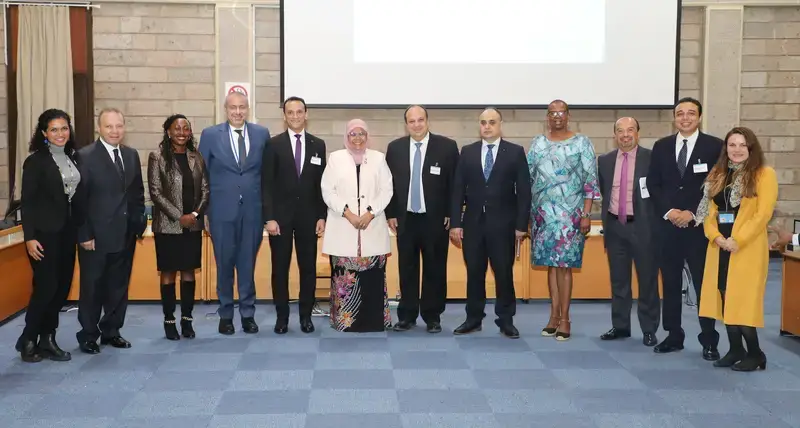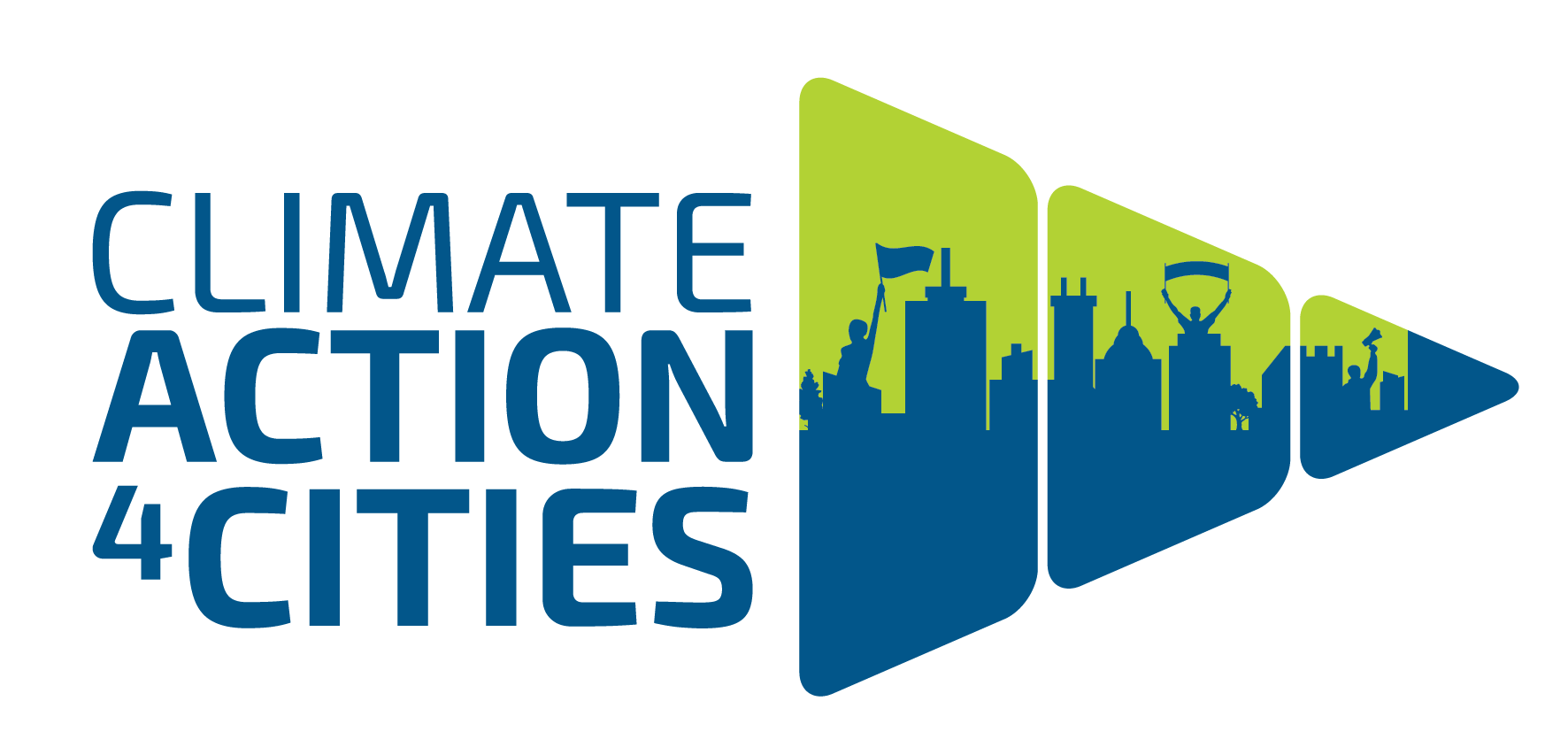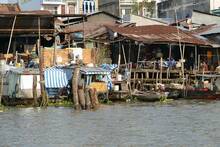Overview
The effects of urbanization and climate change are converging in dangerous ways. Global warming is likely to reach 1.5°C between 2030 and 2052, and approximately 3°C in 2100 based on current national government commitments. This will have disastrous impacts on cities.
The challenge
Urban areas are major contributors to climate change, accounting for 71 to 76 per cent of CO2 emissions from global final energy use, and represent high concentrations of financial, infrastructure and human assets and activities that are vulnerable to climate change impacts. In the coming decades, hundreds of millions of people in urban areas are likely to be affected by rising sea levels, increased precipitation, inland floods, more frequent and stronger cyclones and storms, and periods of more extreme heat and cold.
In fact, many major coastal cities with populations of more than 10 million people are already under threat as over 90% of urban areas are coastal. Climate change may also negatively impact infrastructure and worsen access to basic urban services and quality of life in cities. In addition, most of the vital economic and social infrastructure, government facilities, and assets are located in cities. The most affected populations are the urban poor – i.e. slum dwellers in developing countries – who tend to live along river banks, on hillsides and slopes prone to landslides, near polluted grounds, on decertified land, in unstable structures vulnerable to earthquakes, and along waterfronts in coastal areas. The urban poor is indeed increasingly vulnerable: more than 1 billion people live in slums and informal settlements and are highly vulnerable to climate change.
Despite these risks, many cities have not yet addressed climate change. The reasons include a lack of relevant city policies and action plans; existence of regulations on urban planning and environment which have not been adjusted to manage climate change; slow response to climate disasters due to lack of capacity and resources; and lack of public awareness on climate variability and climate change-induced hazard mitigation.
Impact
Donors and partners
UN-Habitat works with international climate bodies and global city networks to influence climate policy and action, promoting the role of cities and human settlements in mitigation and adaptation. At the national level, UN-Habitat brings together all levels of climate action (national, regional, local) towards achieving common climate related goals. Multi-level governance from city to country level helps bring different actors to agree on plans, policies, strategies and implementation to address climate change challenges, reduce greenhouse gas emissions and build climate resilience. UN-Habitat also works with networks of urban and regional planning professionals to help develop climate-proof planning practices, and communities to address the multiple effects of climate change in strategies and actions for low income and informal settlements.










